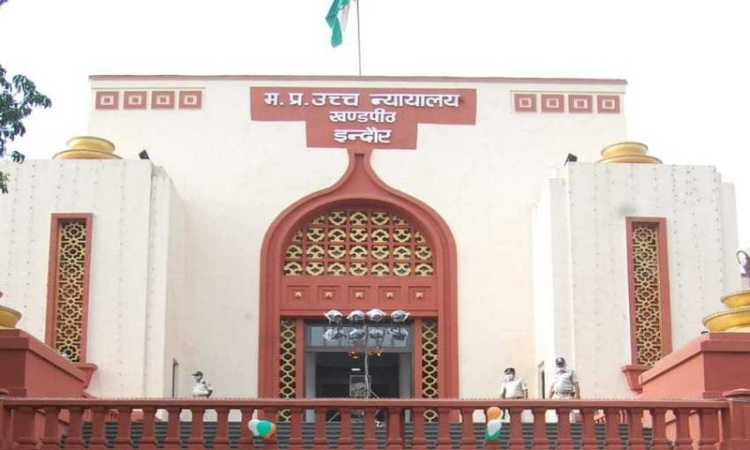Trial Court Not Empowered Under CrPC To Stay Its Own Proceedings: Madhya Pradesh High Court
Sebin James
14 Oct 2023 4:00 PM IST

Next Story
14 Oct 2023 4:00 PM IST
The Madhya Pradesh High Court at Indore has underscored that a trial court cannot stay its own proceedings in a criminal case and the adjudication of a connected civil case has no bearing on the proceedings in a criminal case.The single-judge bench of Justice Vivek Rusia held that the Criminal Procedure Code does not confer any authority on the trial court to stay its own proceedings in...
